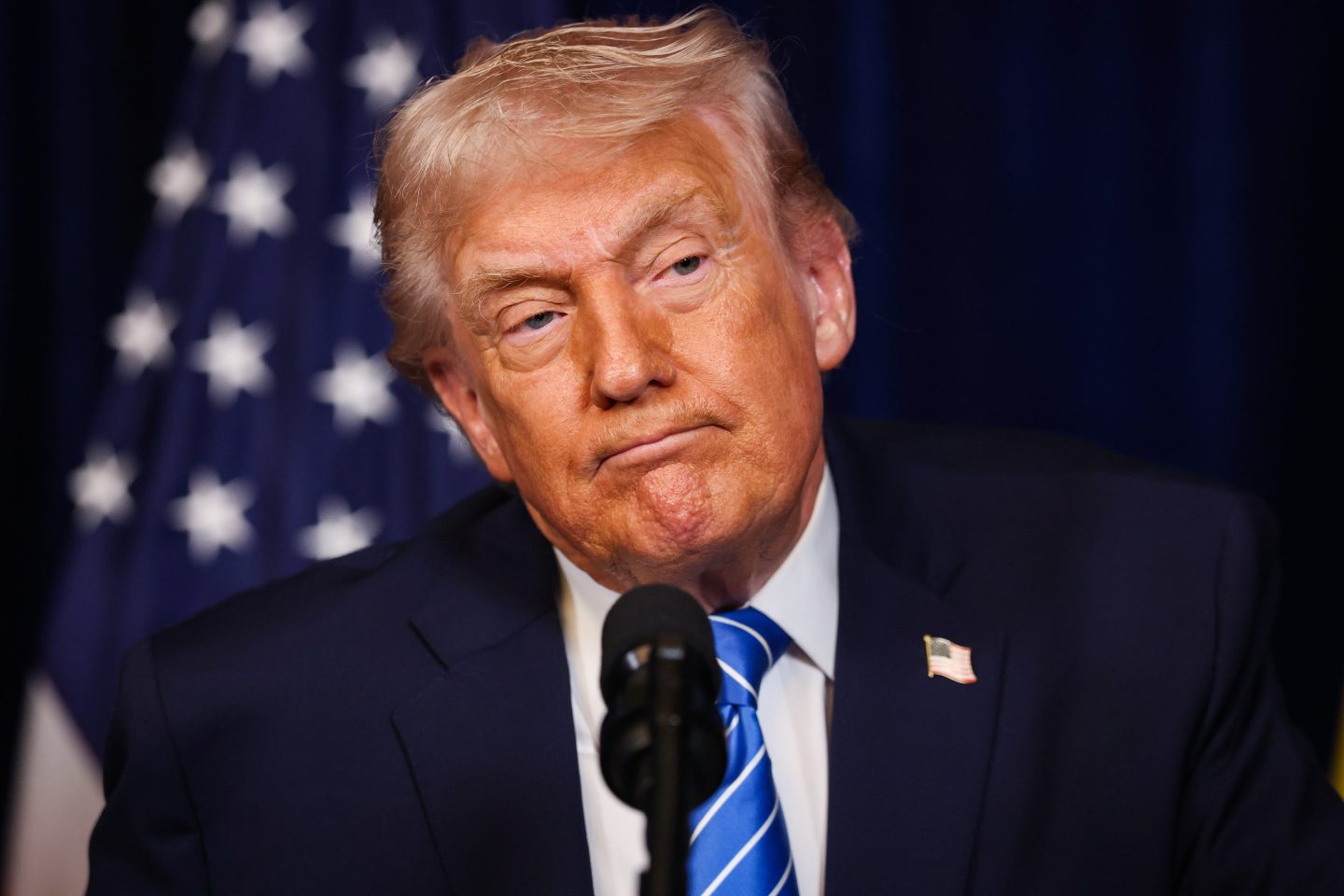The struggling online trader may tumble off the most actively traded stocks list, thanks to a planned reverse stock split.

Shareholders of E*Trade will get a chance tomorrow to send their stock price higher for the first time in years – with the caveat that doing so won’t make them richer.
Investors are due to vote at Thursday’s annual meeting on a proposal for a 1-for-10 reverse stock split. If the measure wins approval, the split will take effect next month.
Update 4:55 pm Thursday: E*Trade investors approved the reverse split.
The good news is the move will have the effect of increasing E*Trade’s stock price, which hasn’t been above $2 since last September and hasn’t seen double digits since the credit meltdown started in 2007. The company, which in March named former Citi exec Steven Freiberg CEO, calls the reverse split proposal “a logical next step for the company as we complete our financial and managerial restructuring.”
The bad news for holders E*Trade stock, of course, is that a reverse split brings about higher prices by canceling most outstanding shares. Despite the higher prices, “the value of your total economic investment … should remain unchanged,” E*Trade notes.
Reverse splits were once unheard of for well known companies, but that has changed over the past decade, with its two stock market crashes and the implosion of big companies from Canadian telecom equipment maker Nortel to insurance giant AIG .
And E*Trade is hardly the only household name trading in the netherworld below $5 a share: So are the government-controlled mortgage giants Fannie Mae and Freddie Mac , though the terms of the firms’ federal conservatorship and their deepening losses mean those companies’ shares are effectively worthless.
So who else might join E*Trade on this road to sort of redemption? Shareholders of Citigroup , the giant bank whose share count has ballooned to 27 billion thanks to the bailouts of the past two years, have twice approved a reverse split, but there are no signs as yet that Citi plans to join E*Trade in taking action.
“A reverse split is a very, very bad thing,” one shareholder said at Citi’s annual meeting last month. Obviously, Freiberg doesn’t agree.











